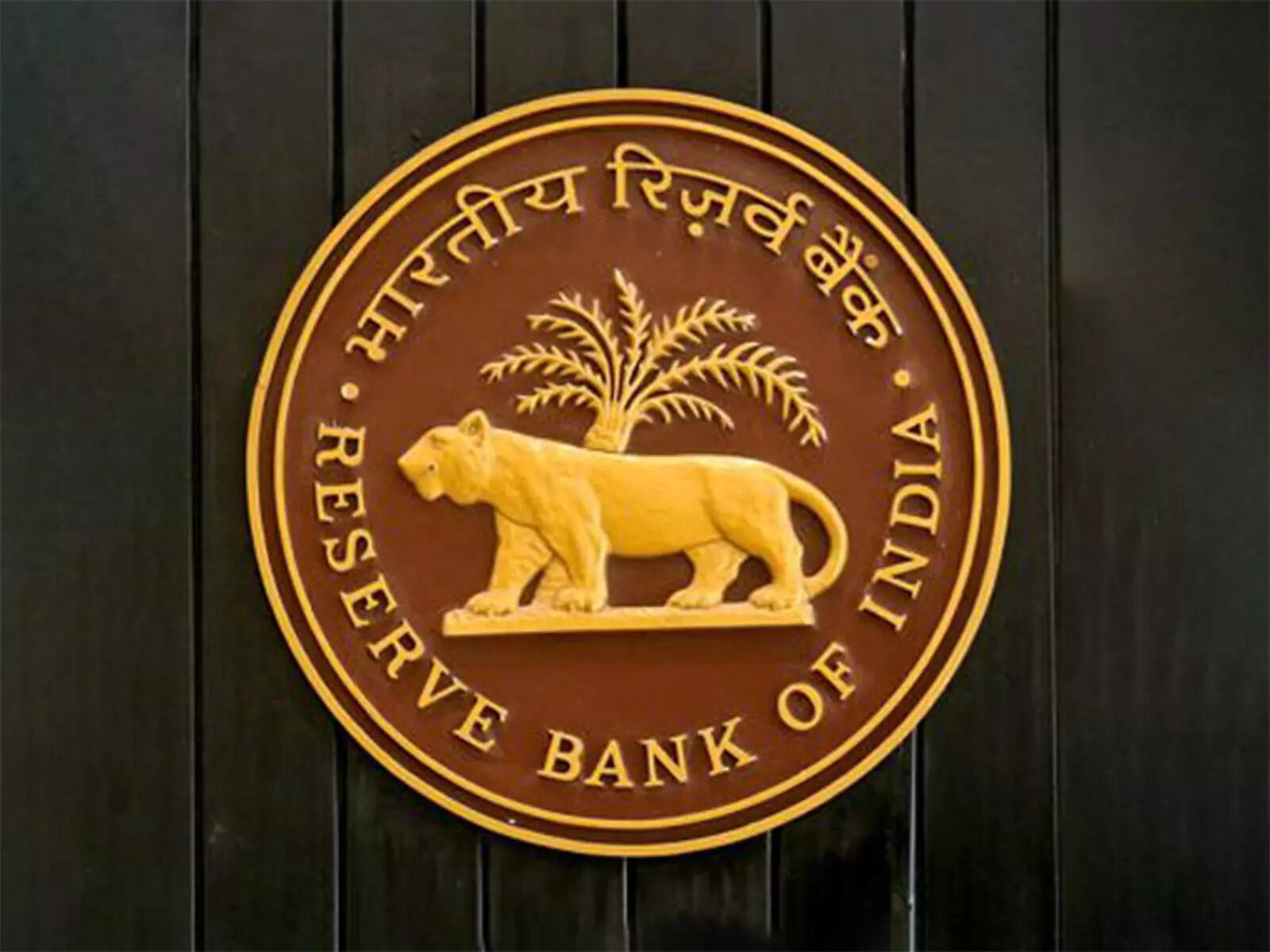RBI has proposed extensive new External Commercial Borrowing (ECB) rules for 2025, replacing uniform caps with limits based on borrower financial strength. The draft widens eligibility for borrowers and lenders, removes rigid borrowing costs, and consolidates end-use rules. It also tightens fund-flow regulations, requiring immediate repatriation of proceeds unless for foreign currency expenses.
Riding the Wave: Will Easier Foreign Borrowing Boost Indian Businesses?
For Indian companies looking to expand, innovate, or simply manage cash flow, accessing capital is the lifeblood. And the Reserve Bank of India (RBI) is considering a move that could significantly alter how they tap into funding: a potential easing of external commercial borrowing (ECB) regulations. What does this mean for businesses, and what ripple effects might we see across the Indian economy? Let’s dive in.
Currently, stringent rules govern which companies can access ECBs – loans obtained from foreign lenders in foreign currency. These regulations often act as a hurdle, particularly for smaller and medium-sized enterprises (SMEs) that may not meet the stringent eligibility criteria. The RBI’s proposed review aims to simplify these processes and potentially open the floodgates, allowing a broader range of Indian companies to tap into the global financial market.
A Thirst for Capital: Why the ECB Buzz?
Indian companies have demonstrated a growing appetite for external commercial borrowing. This hunger stems from several factors. Firstly, interest rates in developed economies like the US and Europe have often been lower than domestic rates, making foreign loans an attractive option. Secondly, accessing foreign capital can provide diversification, reducing reliance on local funding sources. Finally, for companies with international operations, borrowing in foreign currency can provide a natural hedge against exchange rate fluctuations.

However, navigating the complex world of external commercial borrowing isn’t always smooth sailing. Fluctuations in exchange rates can quickly turn a seemingly advantageous loan into a costly burden. Moreover, stricter global financial conditions can impact the availability and cost of foreign capital, making careful risk assessment paramount.
What’s Driving the RBI’s Rethink?
So, what’s prompting the RBI to re-evaluate its ECB policies? The answer lies in the evolving economic landscape and the need to support India’s growth ambitions. Easing ECB norms could provide a much-needed boost to investment, particularly in infrastructure and manufacturing sectors, which are crucial for driving economic expansion. By providing easier access to funds, the RBI hopes to catalyze innovation, fuel job creation, and enhance India’s competitiveness on the global stage. It’s a recognition that strategic access to global capital markets is becoming increasingly essential for sustained economic development.
Potential Perks and Perils of Easier External Commercial Borrowing
The potential benefits of relaxing ECB regulations are undeniable. Imagine a dynamic startup gaining access to funding that allows it to scale its operations and compete internationally. Think of a manufacturing company securing a loan to upgrade its technology and boost production efficiency. These scenarios could become more commonplace if the RBI’s proposed changes come to fruition.
However, a word of caution is warranted. Loosening the reins on ECBs also carries risks. Increased foreign currency debt can expose Indian companies to greater volatility, particularly if the rupee weakens against major currencies. A sudden surge in ECB can also put pressure on India’s foreign exchange reserves. Therefore, the RBI will need to strike a delicate balance between facilitating access to capital and safeguarding financial stability. Robust risk management frameworks and careful monitoring of ECB flows will be essential to mitigate potential negative consequences. You can explore more about risk mitigation strategies in our article on [managing currency risk in international trade](internal_link_url).
Looking Ahead: A Measured Approach is Key
The RBI’s move to review ECB regulations is a welcome step towards creating a more conducive environment for Indian businesses. By simplifying procedures and potentially expanding eligibility, the central bank could unlock new opportunities for growth and innovation. However, a measured and cautious approach is crucial. The RBI will need to carefully weigh the potential benefits against the associated risks, ensuring that any changes to ECB norms are implemented in a way that promotes both economic development and financial stability. Ultimately, responsible external commercial borrowing, facilitated by prudent regulation, can be a powerful engine for India’s continued economic success.







